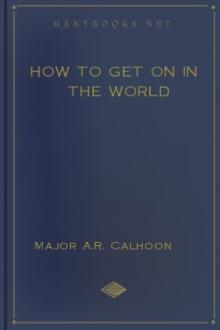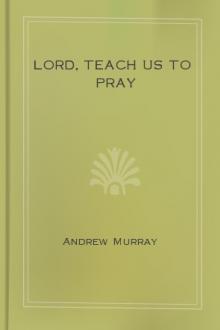Genre Philosophy. Page - 13
All entire books of the Philosophy genre on your device.

session. The truth is palpable, that our men are not all gentlemen, nor our women all ladies, nor our children all docile and obliging. In that small and insignificant circle which is called 'Society,' which, small and insignificant as it is, gives the tone to the manners of the nation, the chief efforts seem to be, to cleanse the outside of the platter, to conceal defects by gloss and glitter. Its theory of politeness and its maxims of behavior are drawn from a state of things so different

ave previously taken special notice of what I now have an image of. For instance, when I have an image of a certain person I cannot tell his particular characteristics unless my attention was formerly directed to them.'"Another writes: 'There is no sound in connection with any image. In remembering, I call up an incident and gradually fill out the details. I can very seldom recall how anything sounds. One sound from the play "Robespierre," by Henry Irving, which I heard about two

at all it is absolutely necessary that there should be a Cosmic Mind binding all individual minds to certain generic unities of action, and so producing all things as realities and nothing as illusion. The importance of this conclusion will become more apparent as we advance in our studies.We have now got at some reason why concrete material form is a necessity of the Creative Process. Without it the perfect Self-recognition of Spirit from the Individual standpoint, which we shall presently

s in life. What they did once, their descendants have still and always a right to do after them; and their example lives in their country, a continual stimulant and encouragement for him who has the soul to adopt it."It would be well for every young man, eager for success and anxious to form a character that will achieve it, to commit to memory the advice of Bishop Middleton: Persevere against discouragements. Keep your temper. Employ leisure in study, and always have some work in hand. Be

and then adds, 'and is now.' He came to baptize with the Holy Spirit; the Spirit could not stream forth till He was glorified (John i. 33, vii. 37, 38, xvi. 7). It was when He had made an end of sin, and entering into the Holiest of all with His blood, had there on our behalf received the Holy Spirit (Acts ii. 33), that He could send Him down to us as the Spirit of the Father. It was when Christ had redeemed us, and we in Him had received the position of children, that the Father sent forth the

the heaven, the embodiment of light, heat, and the breath of life, produced offspring who were of a much less material nature than his son Oceanus. These other children of his were supposed to occupy the intermediate space which divided him from Gæa. Nearest to Uranus, and just beneath him, came Aether (Ether), a bright creation representing that highly rarified atmosphere which immortals alone could breathe. Then followed Aër (Air), which was in close proximity to Gæa, and represented, as its

is the recognition of the fact that we are born without knowledge, and that the acquisition of knowledge is a slow and painful process.If all man needed upon earth was a "knowledge of God," then why the necessity of establishing educational institutions? Unless a child is taught to talk, it will never be able to speak the language of our tongue. Without teaching the child the rudiments of speech, he would be unable to communicate his thoughts to others. Without proper training his

ttalus, a Christian and a Roman citizen, was loudly demanded by the populace and brought into the amphitheatre; but the governor ordered him to be reserved, with the rest who were in prison, until he had received instructions from the emperor. Many had been tortured before the governor thought of applying to Antoninus. The imperial rescript, says the letter, was that the Christians should be punished, but if they would deny their faith, they must be released. On this the work began again. The

inished as to lead me to expect that the work will be more generally read in French than in Latin, and better understood. The only apprehension I entertain is lest the title should deter some who have not been brought up to letters, or with whom philosophy is in bad repute, because the kind they were taught has proved unsatisfactory; and this makes me think that it will be useful to add a preface to it for the purpose of showing what the MATTER of the work is, what END I had in view in writing

the flavour ofSocratic irony in the narrative of Xenophon.The Apology or Platonic defence of Socrates is divided into three parts:1st. The defence properly so called; 2nd. The shorter address in mitigationof the penalty; 3rd. The last words of prophetic rebuke and exhortation. The first part commences with an apology for his colloquial style; he is,as he has always been, the enemy of rhetoric, and knows of no rhetoric buttruth; he will not falsify his character by making a speech. Then